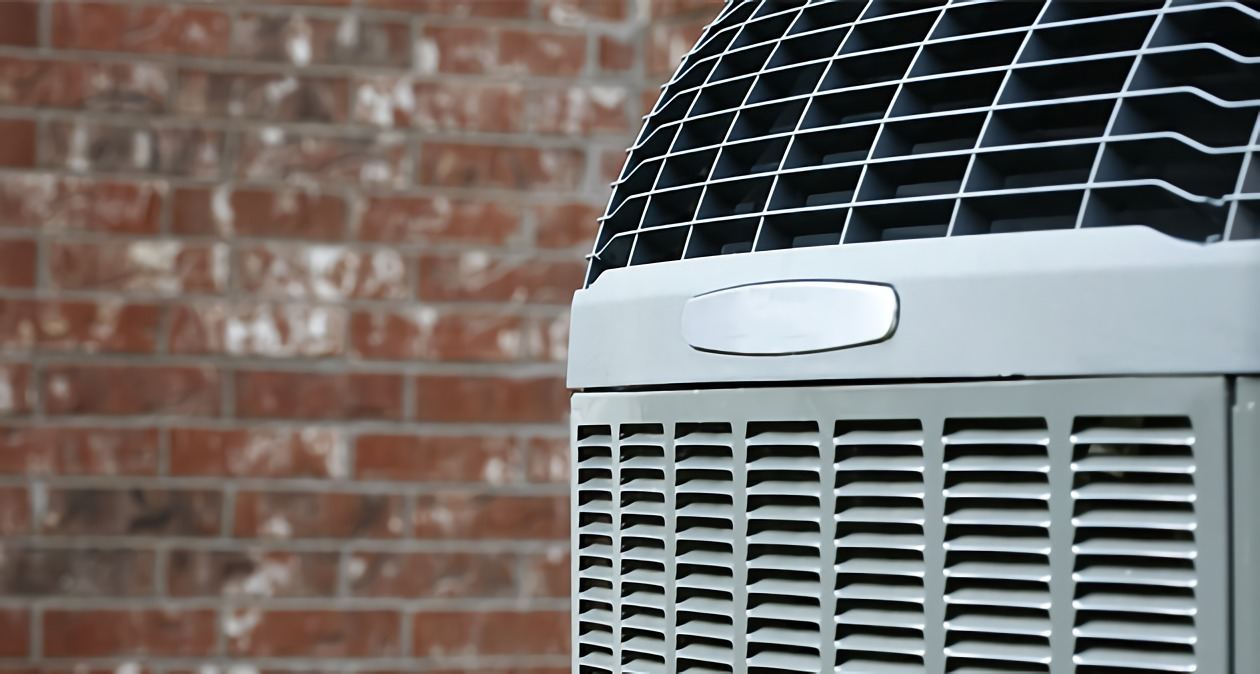RSI is a Great Training Option for Everyone
Learn more about how we can prepare you to advance your career.
While air conditioning can feel like a lifesaver on a hot summer’s day, the warmth of central heating during a winter snowstorm provides comfort that makes a harsh winter tolerable. Modern HVAC systems have made living in our homes more pleasant and safe. However, HVAC also plays a vital role in a variety of other settings. These systems contribute to this country’s infrastructure in major ways.
Hospitals, military facilities, school systems, laboratories, manufacturing factories and businesses, among others, all need HVAC systems in order to function optimally. In essence, imagine any large-scale structure, and the odds are that they are in need of multiple HVAC systems. The primary role of HVAC in this regard is to provide safety and comfort in these buildings in accordance with local, state, country and/or industrial standards for infrastructure.
Factories
HVAC in factories allows for increased production efficiency. For example, workers are able to work throughout the year, without the perils of heat exhaustion in the summer or hypothermia in the winter. HVAC also helps workers remain safe in factories where smoke and fumes may be a concern. Moreover, in an increasingly digitalized manufacturing industry, modern cooling solutions are used to keep data servers cool and functional while avoiding overheating. Skilled technicians that have been properly trained through an HVAC program ensure that a factory’s HVAC system is safe and efficient. Considerations may include dimension of the space to be cooled/heated, additional heat sources like light and electrical devices and number of people working indoors.
Offices
Similarly, HVAC in offices also permits employees to work in comfort and safety. HVAC technicians must take several characteristics of an office room or building into account. In some buildings, there may be little airflow as there are few or no windows, so proper ventilation is key to keep pollutants out. Sun exposure, including geographical location and orientation, also affects an office’s cooling and heating needs. Other considerations may involve wall/roof insulation, additional electrical appliances and number of employees. Many companies these days increasingly implement HVAC systems that use green technology, like solar technology, to help reduce their energy expenses and decrease their carbon footprint. Technicians with up-to-date electro mechanical training can determine which environmentally friendly HVAC solutions may be appropriate for a specific office space.
Medical Facilities
In the healthcare industry, hospital-acquired infections due to antibiotic-resistant bacteria can have deleterious effects on the health of patients and medical personnel alike. As such, hospitals are working on reducing the airborne transmissions by implementing complex HVAC systems that are designed specifically to meet the demands of a healthcare facility. HVAC technicians in medical facilities may install, maintain or repair filtration, re-circulating air ceiling, special ventilation, wall heating and cooling, static cooling and adjustable multiplex air jet outlet systems. HVAC technicians can thus play a crucial role in improving the condition of patients and doctors by remodeling or overhauling a hospital’s HVAC equipment.
Get Started on the Path to a New Career
Fill out our form to learn how we can help you change your life.
Research Laboratories
Due to the delicate work involving complex biological organisms conducted in research laboratories, these structures have very unique HVAC demands. Laboratories require a high air change rate and necessitate 100% outside air, which can be very costly. Since HVAC systems can consume half of a lab’s energy budget, installing energy-efficient systems is paramount. Hence, HVAC technicians who furnish a lab ought to consider the following approaches: “right-sizing” HVAC equipment, using energy-efficient lab and IT equipment, installing high-performance fume hoods, implementing chilled beams and water-based cooling, applying IEQ (Indoor Environmental Quality)-based ventilation and lab management. A competent HVAC technician can ensure that important lab work is completed economically and safely.
The Integral Role of HVAC Technicians
An HVAC technician can expect to be involved with every aspect of servicing HVAC equipment, whether it is installing, maintaining or repairing an HVAC system. Whether an HVAC technician performs preventive maintenance on air ducts or performs a full-scale HVAC restoration, they can rest assured that their work increases the safety and comfort of employers and employees across the country.
RSI has experienced instructors and comprehensive vocational training programs to assist anyone seeking to become a proficient HVAC technician. If you are interested in starting a career as an HVAC technician, contact us today.
This blog has been labeled as archived as it may no longer contain the most up-to-date data. For a list of all current blog posts, please visit our blog homepage at https://www.rsi.edu/blog/




